Gardening is a labor of love, but nothing can spoil your hard work faster than unwelcome pests. Instead of reaching for harsh chemicals that can harm your plants and the environment, why not explore natural methods to keep your garden thriving and pest-free? There are plenty of eco-friendly ways to protect your plants while maintaining the balance of your garden’s ecosystem. Here are some effective and natural strategies to keep those pesky intruders at bay.
Contents
- 1 Introduce Beneficial Insects
- 2 Use Companion Planting
- 3 Install Physical Barriers
- 4 Create a Healthy Soil Environment
- 5 Attract Birds to Your Garden
- 6 Use Natural Pest Repellents
- 7 Practice Crop Rotation
- 8 Encourage Natural Predators
- 9 Plant Herbs with Pest-Repelling Properties
- 10 Maintain Garden Hygiene
- 11 Mulch Your Garden
- 12 Encourage Biodiversity
- 13 Water Plants in the Morning
- 14 Apply Coffee Grounds
- 15 More From RetailShout
- 16 10 Easy Steps to Keep Your Air Fryer Clean and Fresh
- 17 21 Plant-Based Comfort Foods That Even Meat Lovers Will Enjoy
Introduce Beneficial Insects
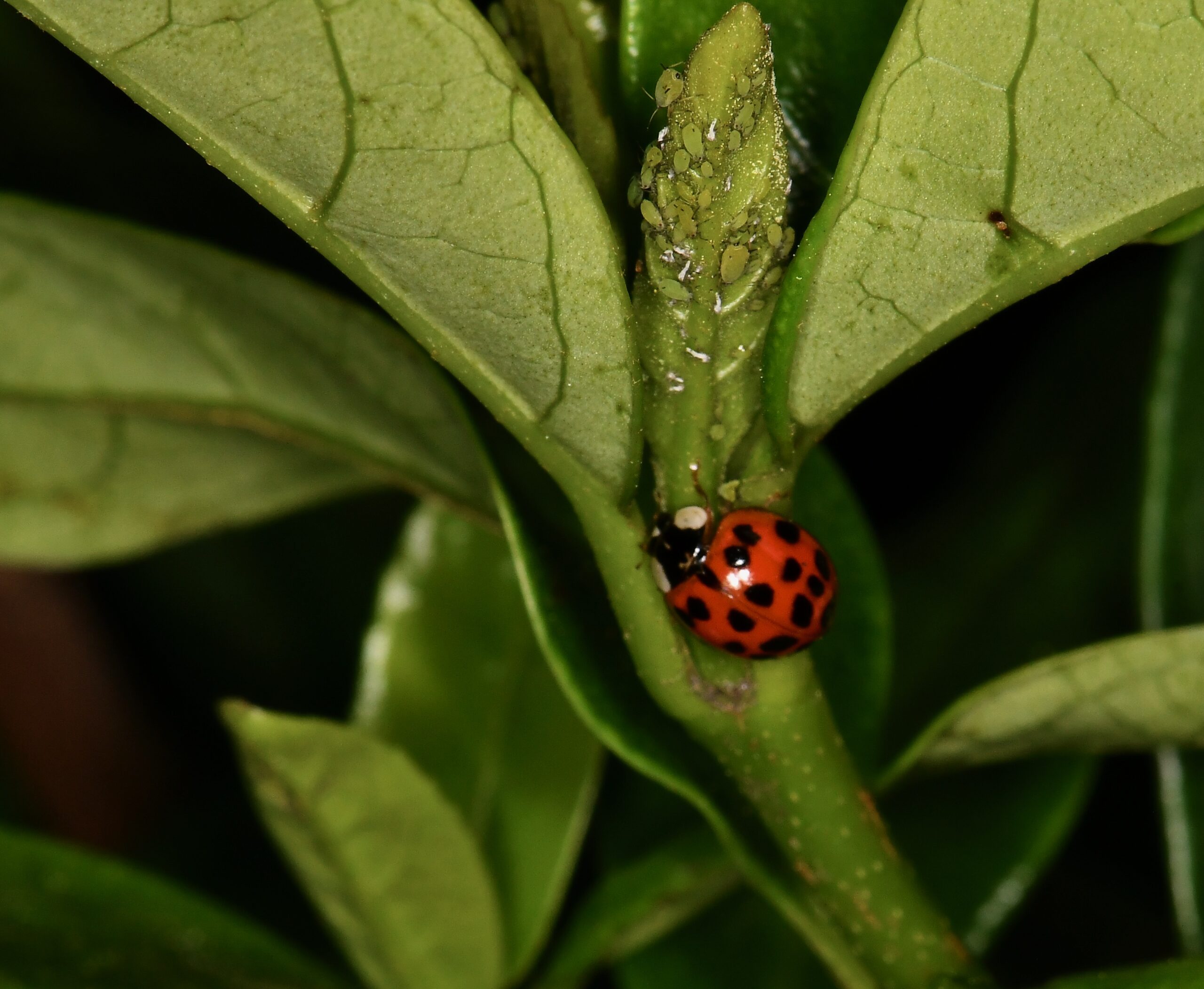
Introducing beneficial insects, like ladybugs, lacewings, and predatory beetles, can help naturally control pest populations in your garden. These insects feed on common pests like aphids, mites, and caterpillars, keeping their numbers in check. To attract these beneficial insects, plant flowers like marigolds, dill, and fennel, which provide nectar and pollen. You can also purchase beneficial insects online or from local garden centers and release them into your garden. By creating a balanced ecosystem, you reduce the need for chemical interventions, making your garden healthier and more sustainable.
Use Companion Planting
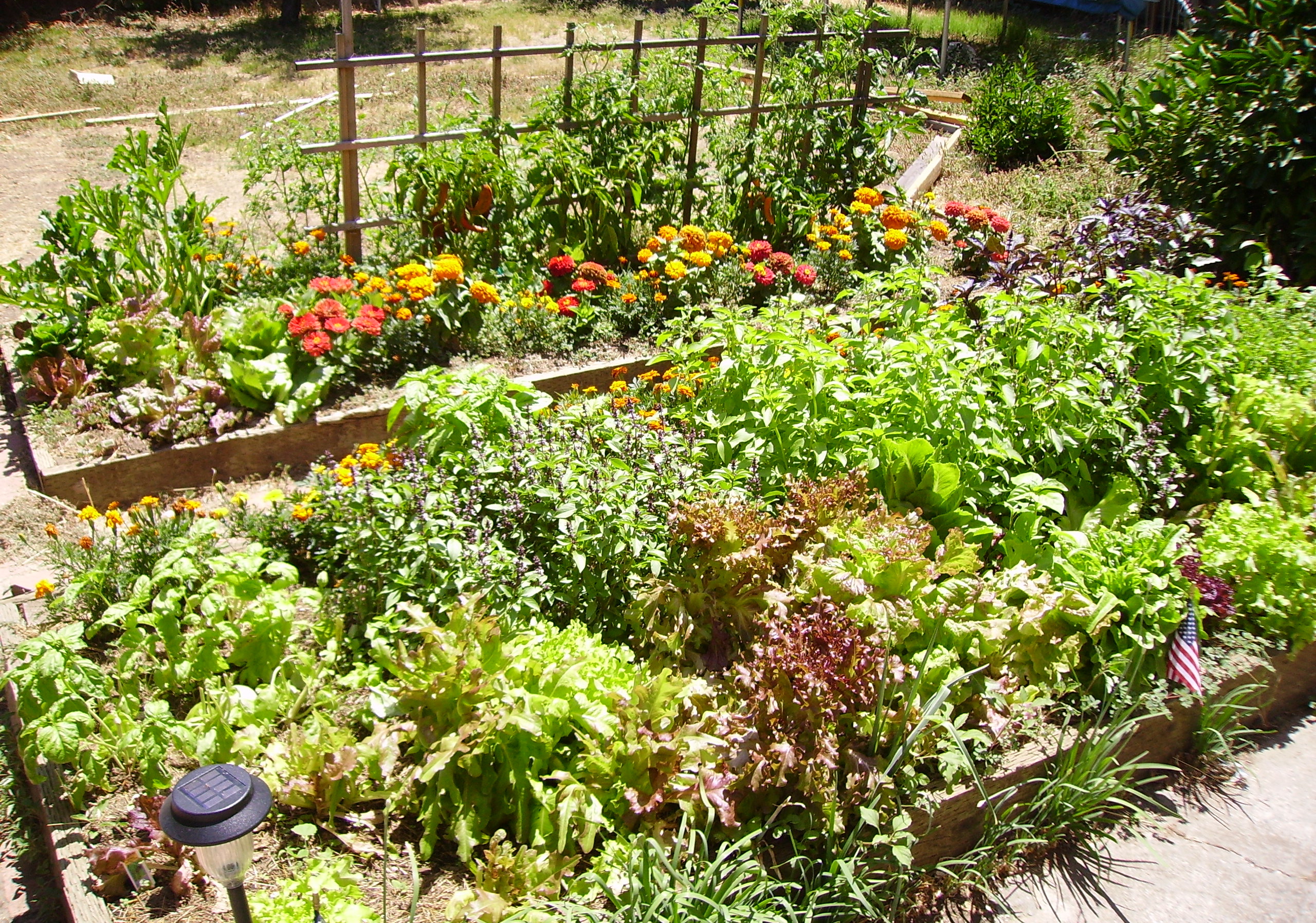
Companion planting is a natural technique where certain plants are grown together to enhance each other’s growth and repel pests. For instance, planting marigolds alongside tomatoes can deter nematodes, while basil can help keep mosquitoes and flies away. Garlic and onions can repel aphids and slugs when planted near susceptible crops like lettuce or cabbage. By carefully selecting plant combinations, you can create a garden that naturally defends itself against pests. This method not only reduces the need for pesticides but also encourages biodiversity in your garden.
Install Physical Barriers
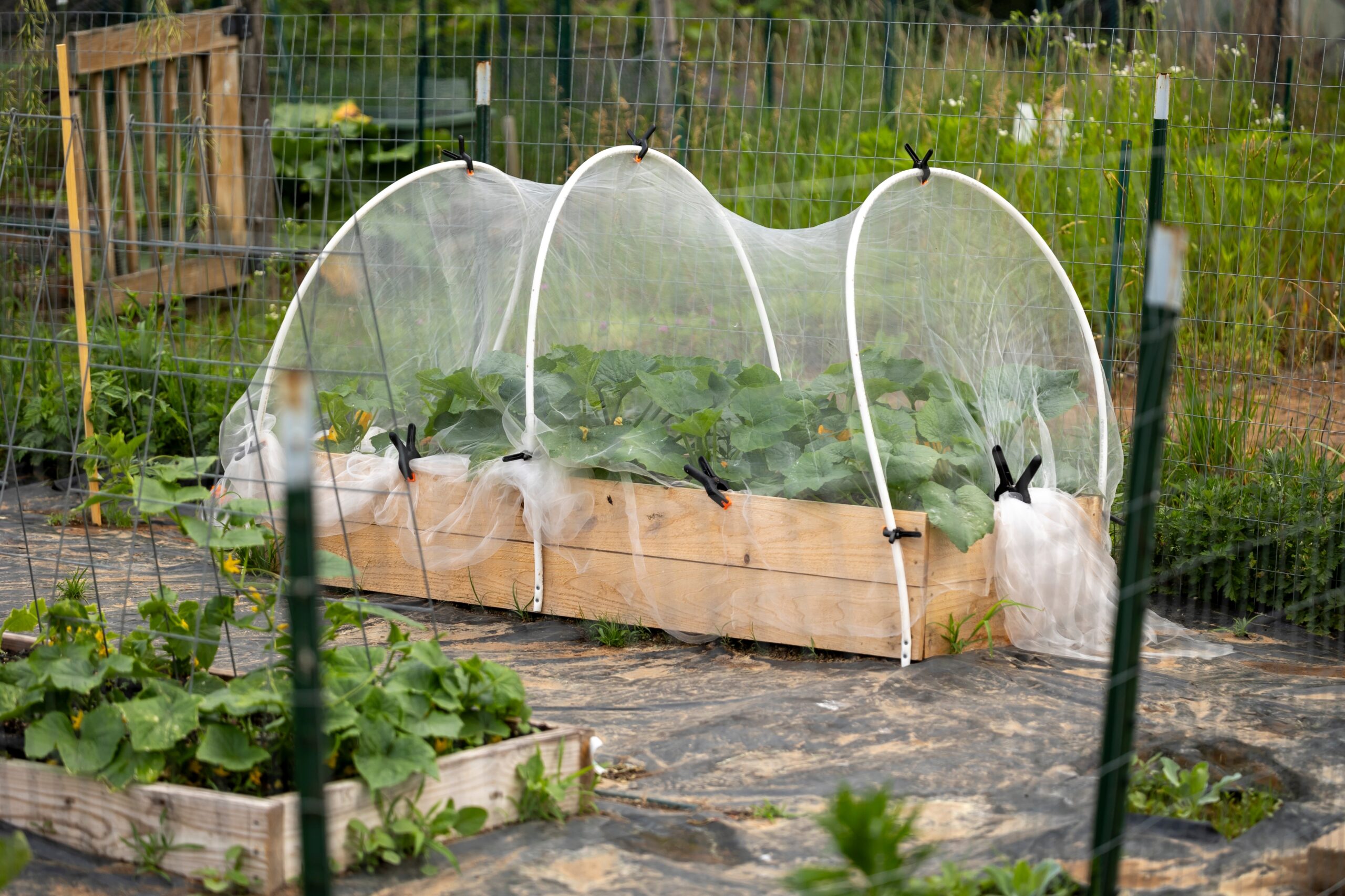
Physical barriers, such as row covers, mesh nets, and cloches, are effective ways to prevent pests from accessing your plants. These barriers can be placed over seedlings and young plants to protect them from insects, birds, and small mammals. For example, fine mesh netting can keep out cabbage moths, while floating row covers can shield plants from beetles and aphids. Ensure that the barriers are properly secured and removed once the plants have grown strong enough to withstand pest attacks. Using physical barriers allows you to protect your crops without relying on chemical pesticides.
Create a Healthy Soil Environment
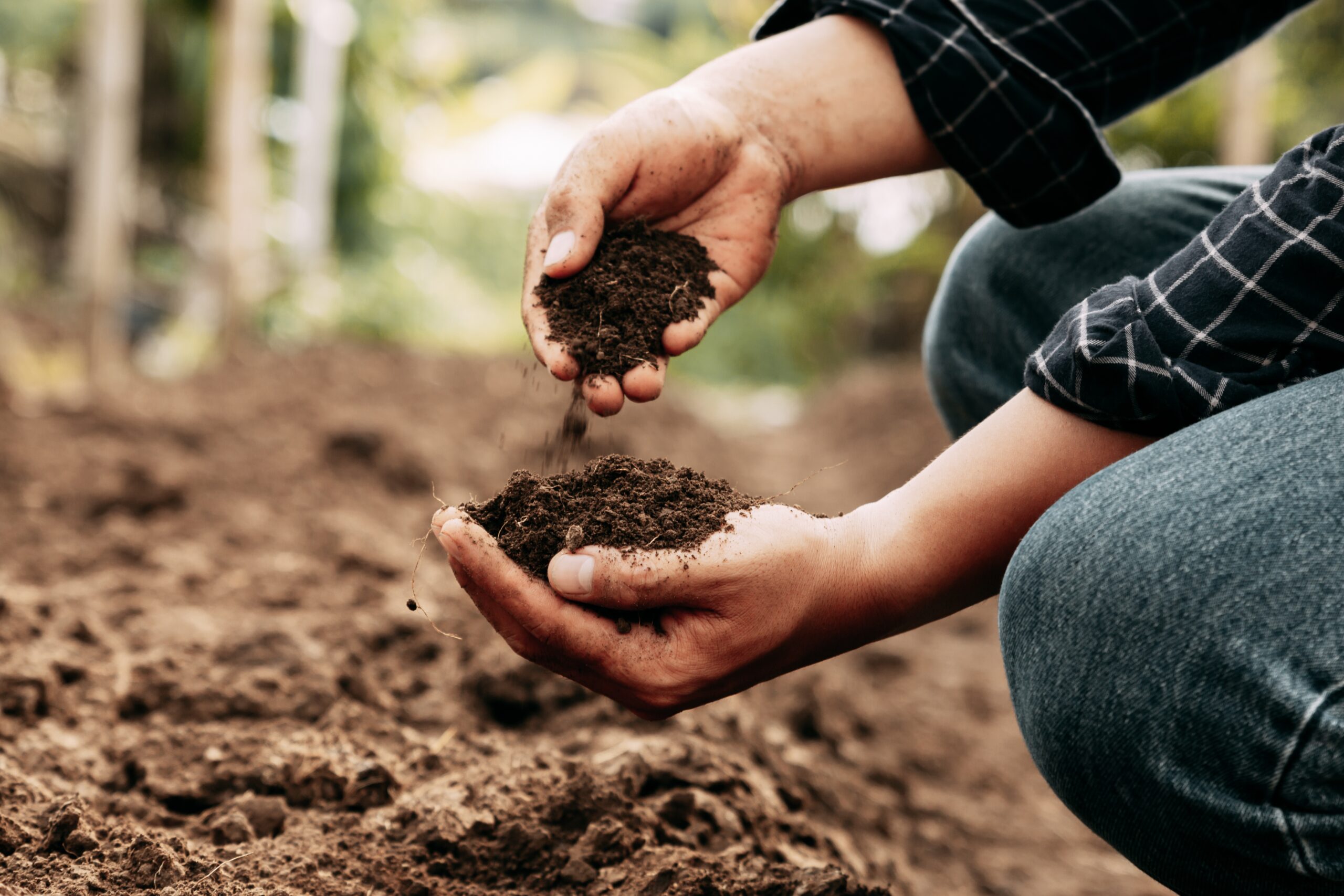
Healthy soil is the foundation of a resilient garden, as strong plants are less susceptible to pest infestations. Enrich your soil with organic matter like compost and mulch to improve its structure, nutrient content, and water retention. Regularly rotate your crops to prevent soil depletion and reduce the risk of pest buildup. Additionally, maintaining proper pH levels and avoiding over-fertilization can help plants develop natural defenses against pests. By focusing on soil health, you’re investing in a long-term strategy for a pest-resistant garden.
Attract Birds to Your Garden
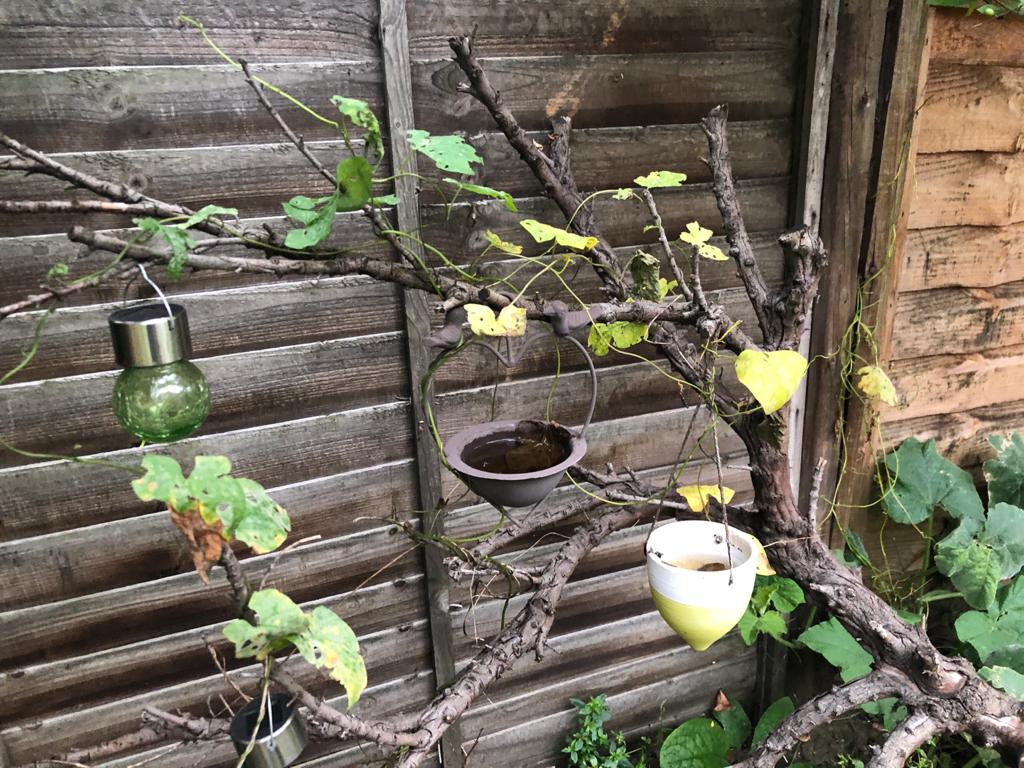
Birds are natural predators of many garden pests, including insects, slugs, and small rodents. To attract birds to your garden, provide food sources like seeds, berries, and insects by planting native shrubs and trees. Installing bird feeders and bird baths can also encourage them to visit regularly. By creating a bird-friendly environment, you’ll benefit from their pest control services. Additionally, birds contribute to the overall health of your garden by spreading seeds and aiding in pollination.
Use Natural Pest Repellents
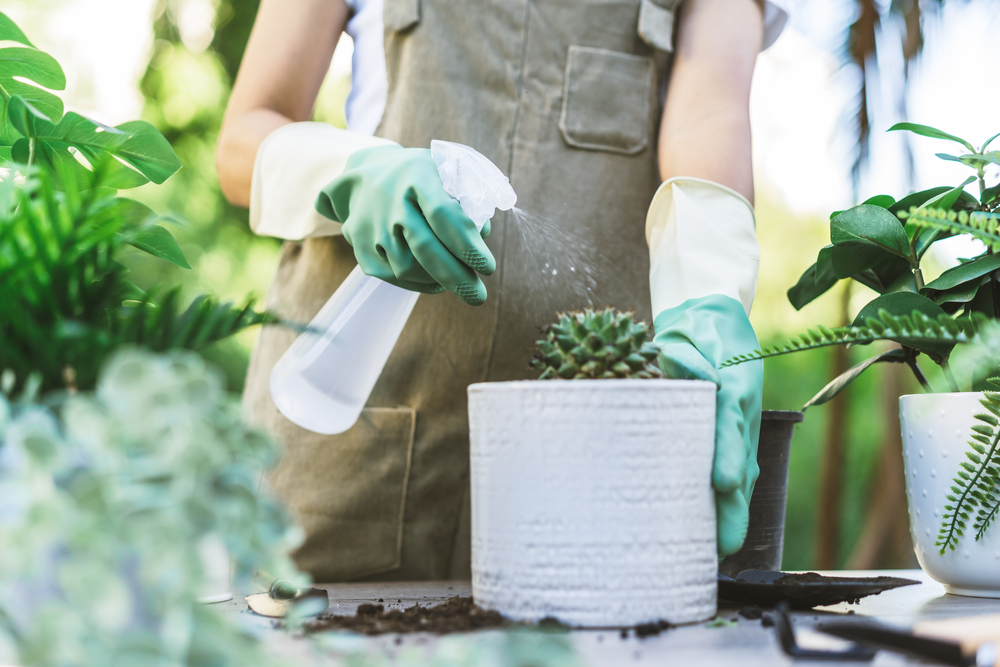
Natural pest repellents, such as neem oil, diatomaceous earth, and garlic spray, offer an effective way to keep pests at bay without harming the environment. Neem oil, derived from the neem tree, can disrupt the life cycle of pests like aphids and mites, while diatomaceous earth, a fine powder made from fossilized algae, can damage the exoskeletons of insects. Garlic spray, made by blending garlic cloves with water, can deter a variety of pests, including aphids and beetles. Applying these repellents regularly can help you maintain a pest-free garden while avoiding synthetic chemicals.
Practice Crop Rotation

Crop rotation is a traditional farming practice that involves changing the location of your crops each season to disrupt pest cycles. Many pests specialize in certain plant families and will accumulate in the soil if the same crops are grown in the same spot year after year. By rotating crops, you reduce the chances of pests establishing themselves in your garden. Additionally, crop rotation can improve soil health by preventing nutrient depletion and reducing the need for chemical fertilizers. This simple strategy helps create a more resilient and sustainable garden.
Encourage Natural Predators
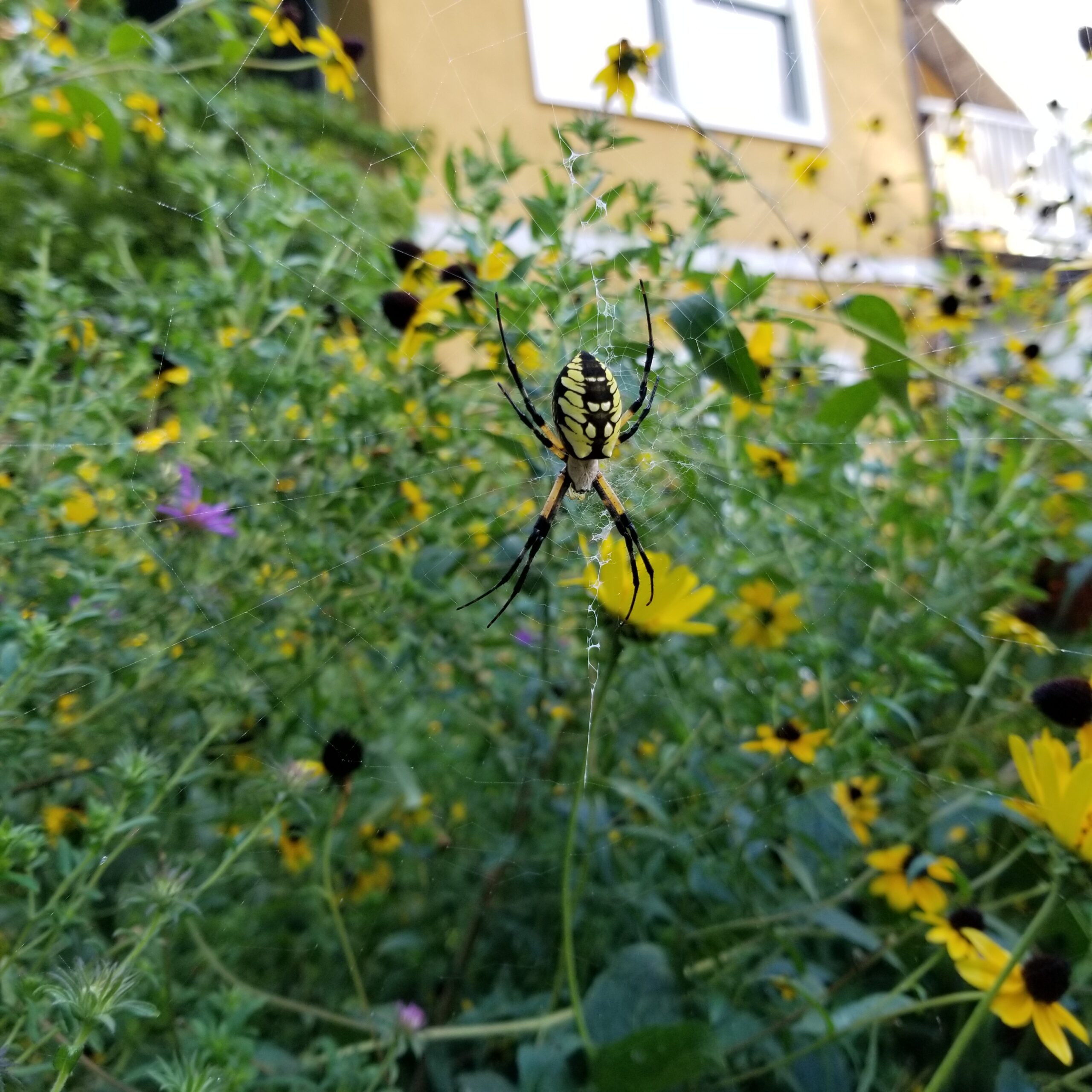
Encouraging natural predators, such as frogs, toads, and spiders, to inhabit your garden can significantly reduce pest populations. Frogs and toads, for instance, feast on insects, slugs, and other garden pests. To attract these helpful creatures, provide shelter like rocks, logs, and water sources. Similarly, creating habitats for spiders and ground beetles can keep pest numbers down. Avoid using broad-spectrum pesticides, which can harm these beneficial predators. By fostering a diverse ecosystem, you can maintain a natural balance and reduce the need for chemical interventions.
Plant Herbs with Pest-Repelling Properties
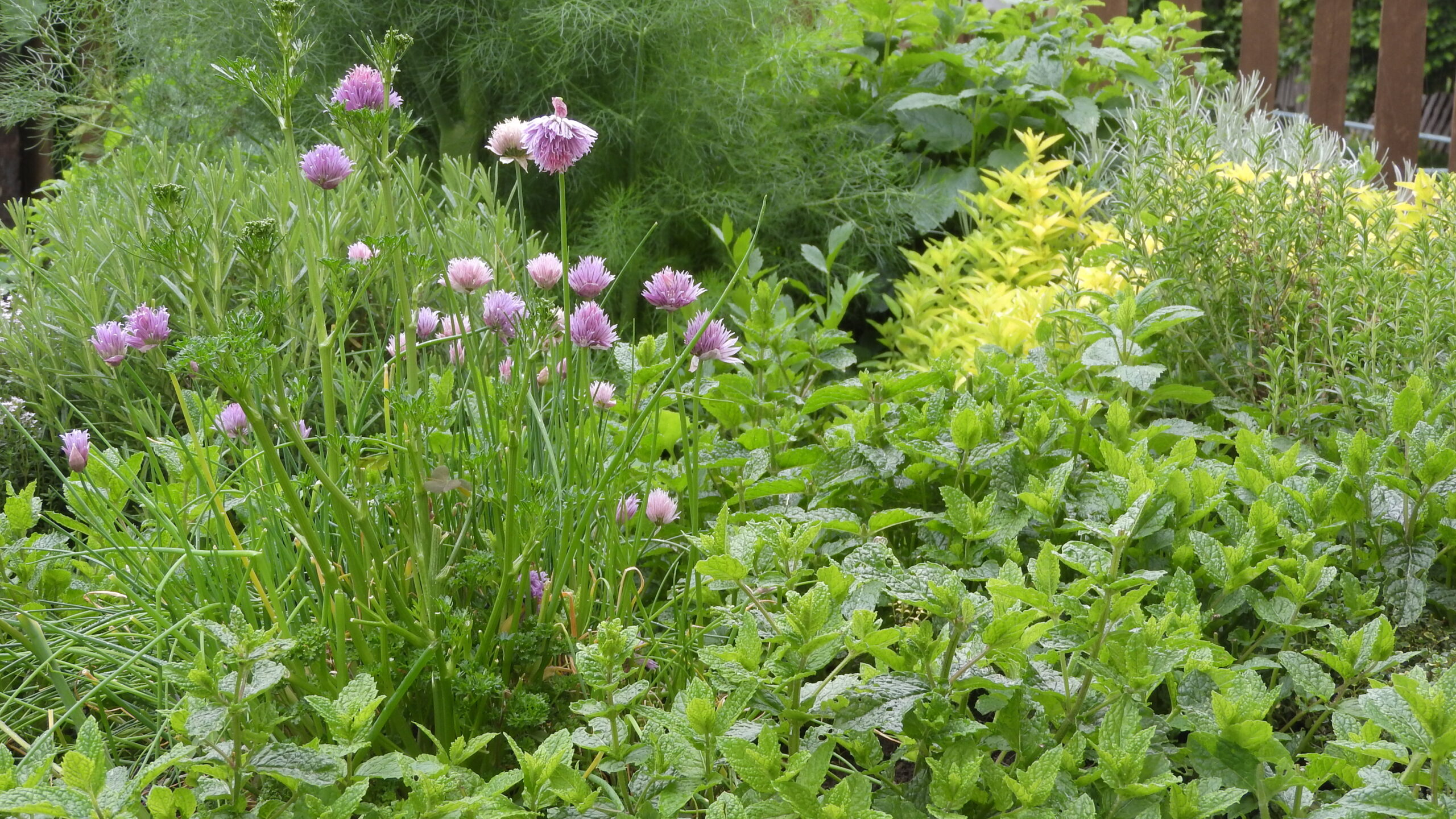
Certain herbs, such as rosemary, mint, and lavender, have strong scents that can deter pests. Planting these herbs around the perimeter of your garden or near vulnerable crops can help keep pests away. For example, rosemary can repel carrot flies, while mint can deter ants and aphids. Lavender’s strong fragrance can discourage moths, fleas, and flies. These herbs not only protect your garden from pests but also add flavor to your cooking and attract pollinators like bees. Incorporating pest-repelling herbs into your garden design is a simple and effective way to manage pests naturally.
Maintain Garden Hygiene
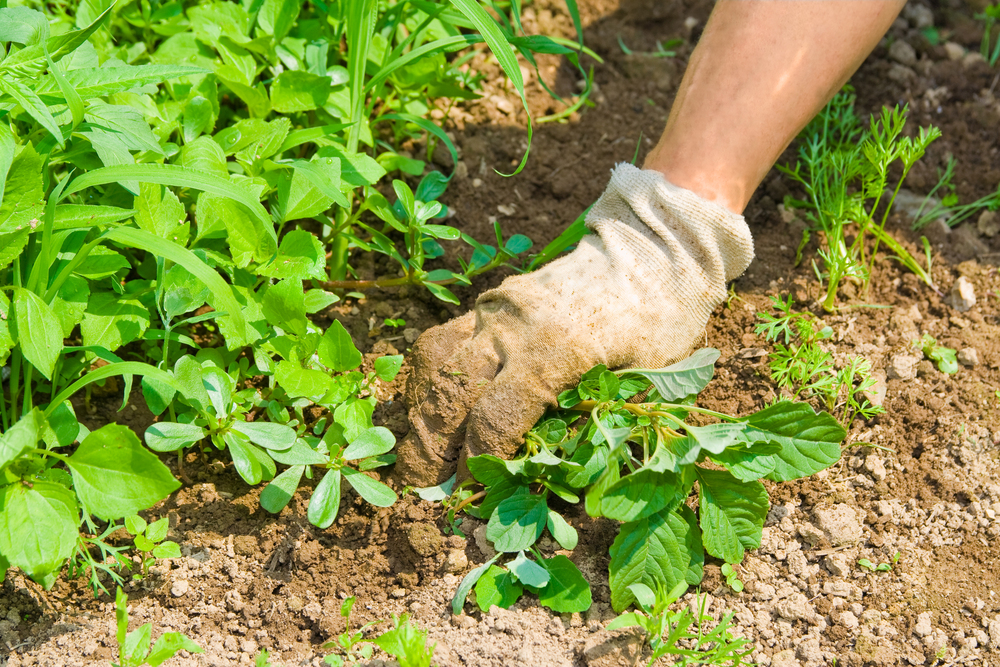
Keeping your garden clean and free of debris is essential for preventing pest infestations. Remove dead leaves, fallen fruits, and other organic matter regularly, as these can attract pests like slugs, snails, and insects. Prune plants to improve air circulation and reduce the chances of fungal diseases, which can weaken plants and make them more vulnerable to pests. Compost plant material that is free from pests and diseases to return nutrients to the soil without spreading infestations. Good garden hygiene practices are a proactive way to minimize pest problems.
Mulch Your Garden
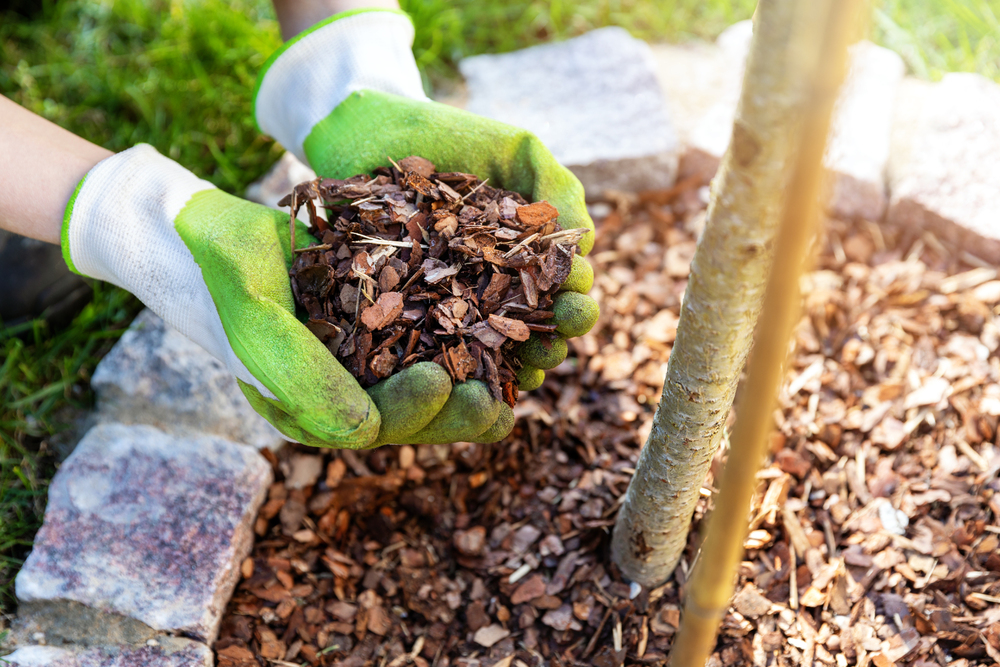
Mulching your garden beds can help suppress weeds, retain soil moisture, and regulate soil temperature, all of which contribute to plant health and pest resistance. Organic mulches, such as straw, wood chips, or compost, can also deter pests by creating a physical barrier between the soil and the plants. For example, a thick layer of mulch can prevent slugs and snails from reaching tender seedlings. However, it’s important to avoid piling mulch directly against plant stems, as this can create a habitat for pests like rodents. Using mulch strategically enhances your garden’s defense against pests.
Encourage Biodiversity
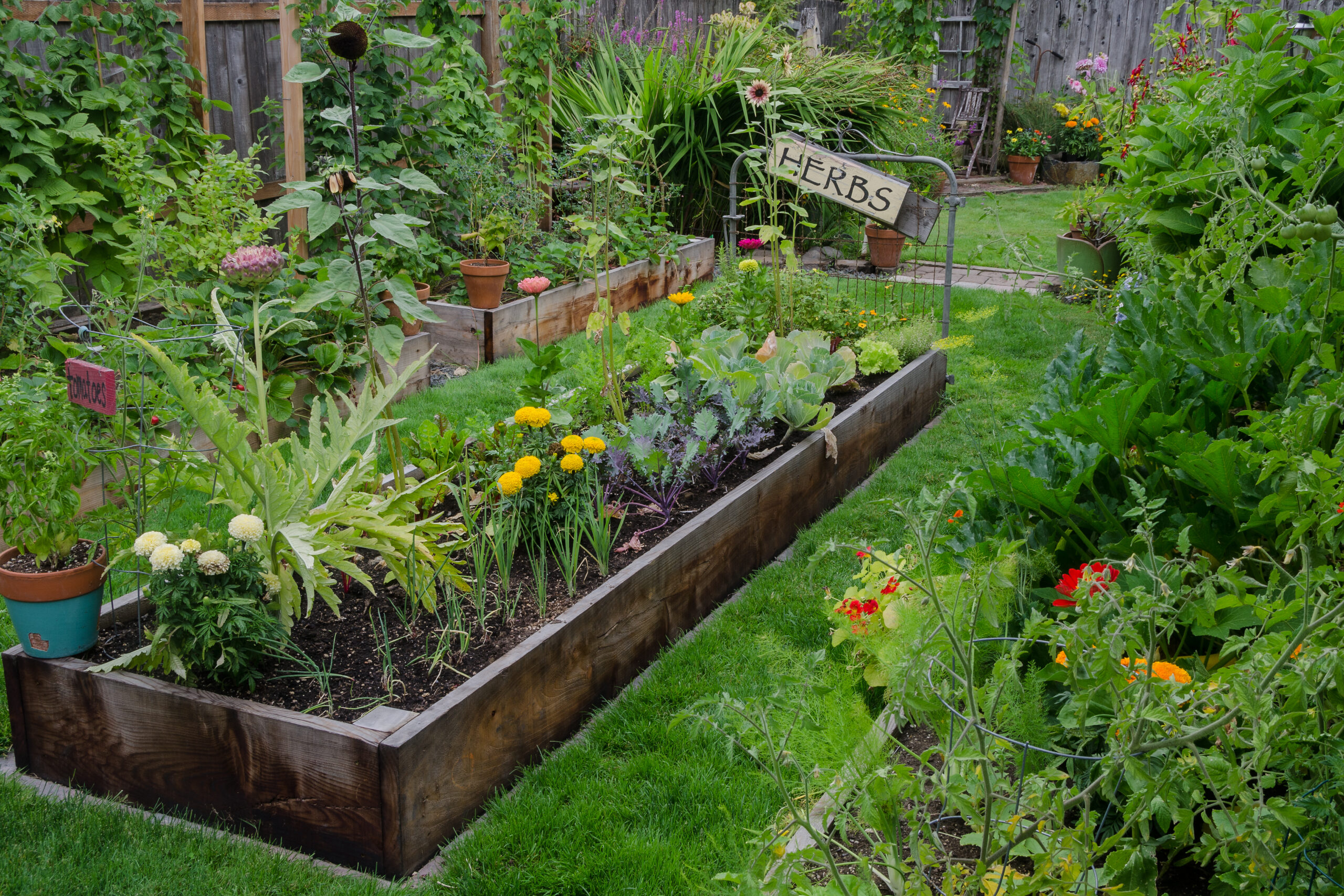
A diverse garden is more resilient to pests, as different plants attract a variety of beneficial insects and animals that can keep pest populations in check. Plant a mix of flowers, vegetables, and herbs to create a balanced ecosystem that supports pollinators, predators, and other beneficial organisms. For example, planting wildflowers can attract bees and butterflies, while diverse vegetable crops can reduce the risk of a single pest decimating your garden. Biodiversity also helps to prevent the spread of diseases that can weaken plants and make them more susceptible to pests.
Water Plants in the Morning
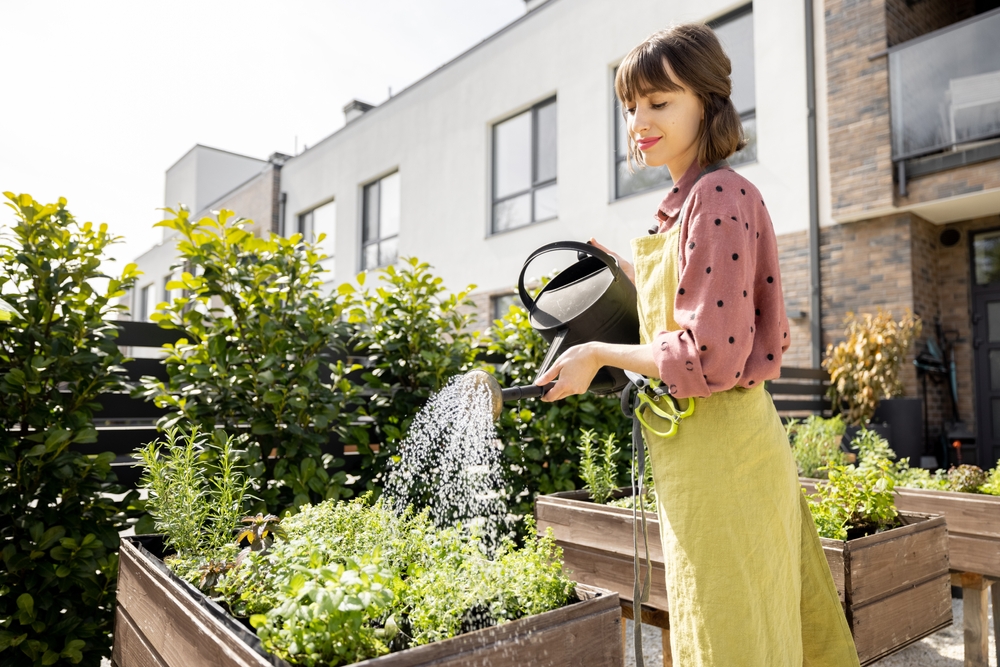
Watering your plants in the morning allows the foliage to dry out during the day, reducing the risk of fungal diseases that can attract pests. Wet leaves create a favorable environment for pests like slugs, snails, and aphids. By watering early in the day, you ensure that the plants have enough moisture for growth while minimizing conditions that encourage pests. Additionally, morning watering reduces water loss due to evaporation and ensures that your plants are hydrated before the heat of the day. This simple adjustment in your watering routine can have a big impact on pest control.
Apply Coffee Grounds
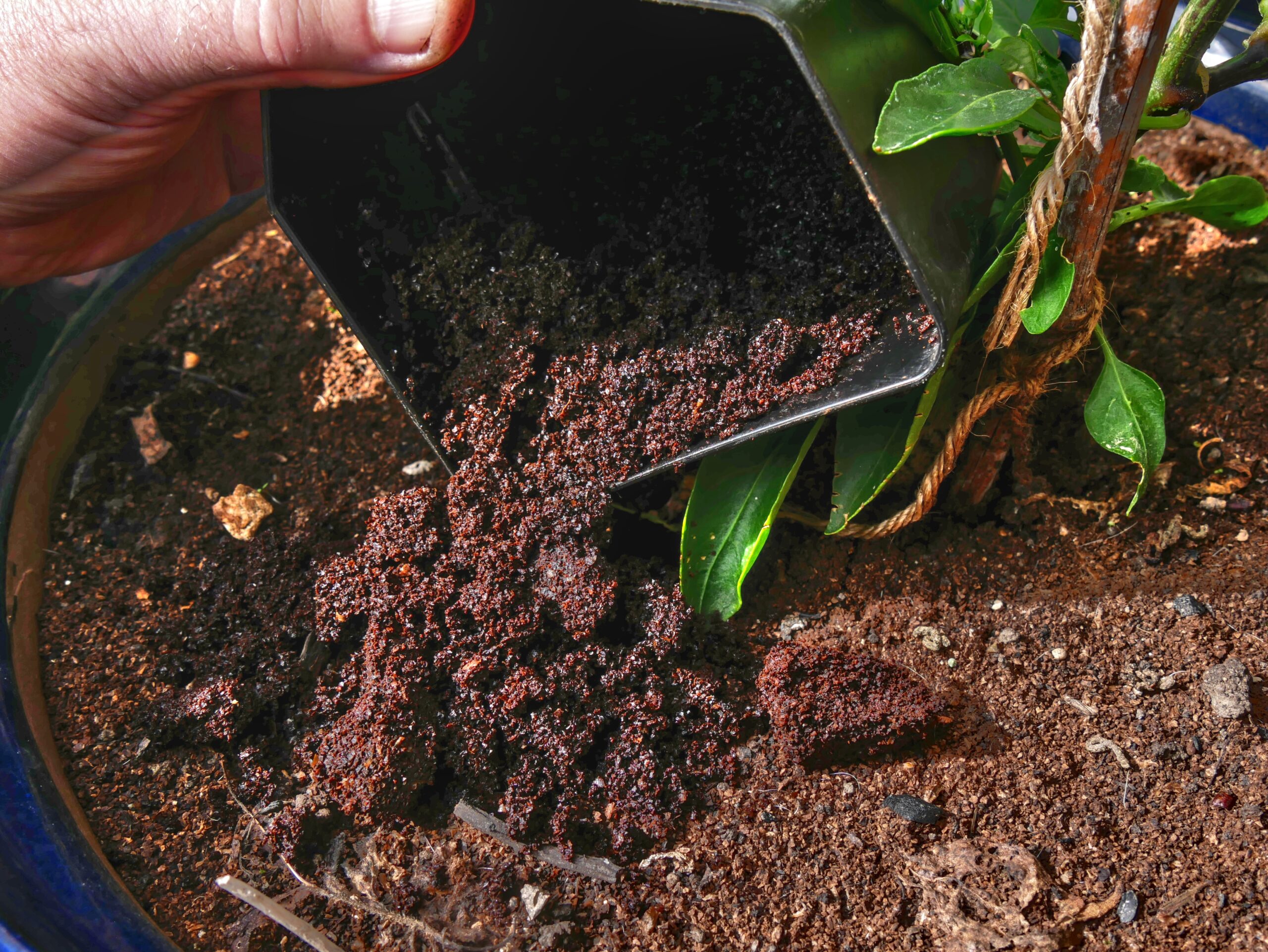
Used coffee grounds are a natural and eco-friendly way to deter pests like slugs, snails, and ants. The rough texture of the grounds irritates the soft bodies of these pests, making it difficult for them to move across the soil. Additionally, the strong smell of coffee can mask the scent of plants, confusing pests that rely on their sense of smell to locate food. Sprinkle coffee grounds around the base of your plants or mix them into the soil to create a barrier against pests. As a bonus, coffee grounds also add organic matter to the soil, improving its fertility.
This article originally appeared on RetailShout.
More From RetailShout
14 Trader Joe’s Beauty Products with a Cult Following
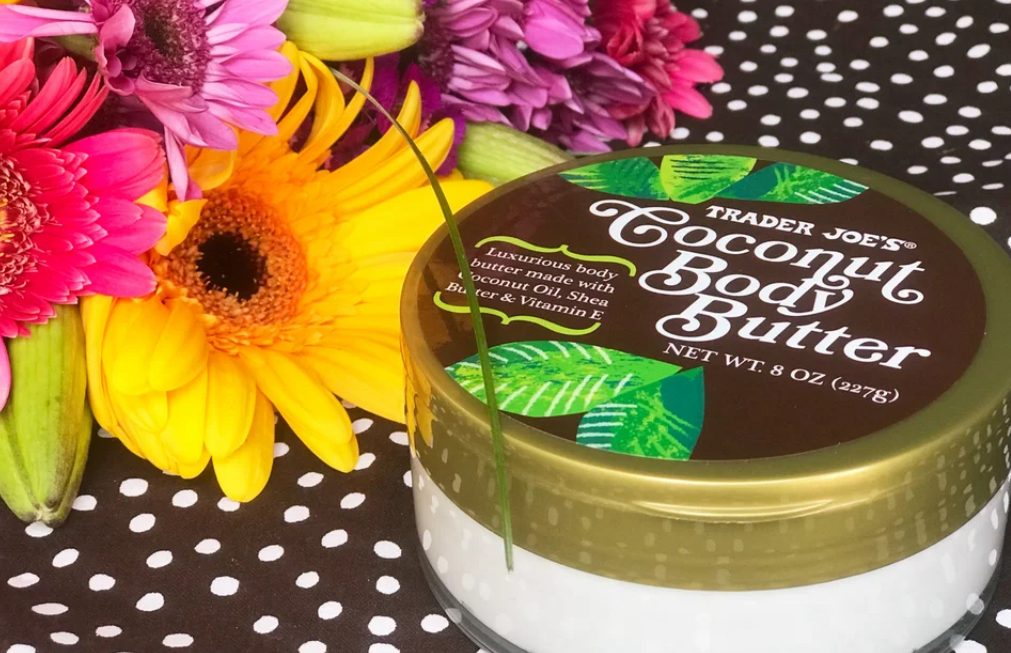
Trader Joe’s may be your go-to for groceries, but there’s a good chance you’ve noticed something else tucked away in those aisles: beauty products that seem to have a life of their own. These aren’t just any skincare or hair care items; they’re products that have garnered a serious following, with loyal fans who snap them up as soon as they’re restocked. Read More.
10 Easy Steps to Keep Your Air Fryer Clean and Fresh
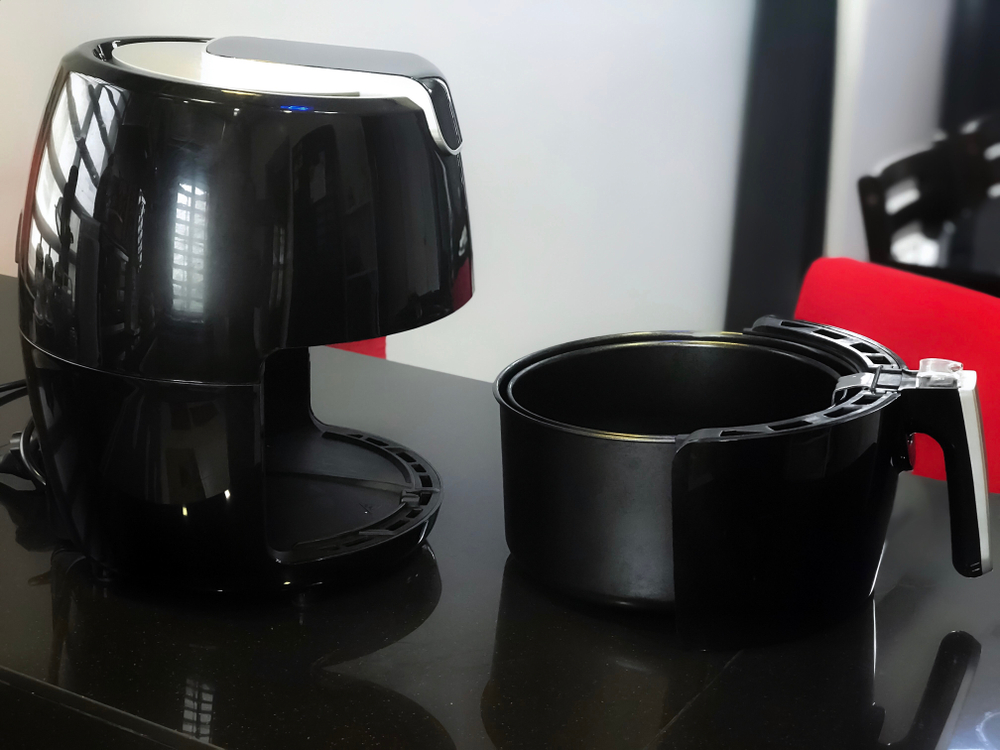
Keeping your air fryer clean doesn’t have to be a hassle. With a few simple steps, you can ensure your favorite kitchen gadget stays in top shape and ready for the next delicious meal. Trust me, once you get the hang of it, cleaning your air fryer will become a quick and easy part of your routine. Read More.
21 Plant-Based Comfort Foods That Even Meat Lovers Will Enjoy

When you think of comfort food, hearty dishes full of flavor and satisfaction often come to mind. But you don’t have to rely on meat to get that cozy, comforting feeling from your meals. These plant-based recipes are so delicious, that even the most devoted carnivores will be coming back for seconds. Read More.






